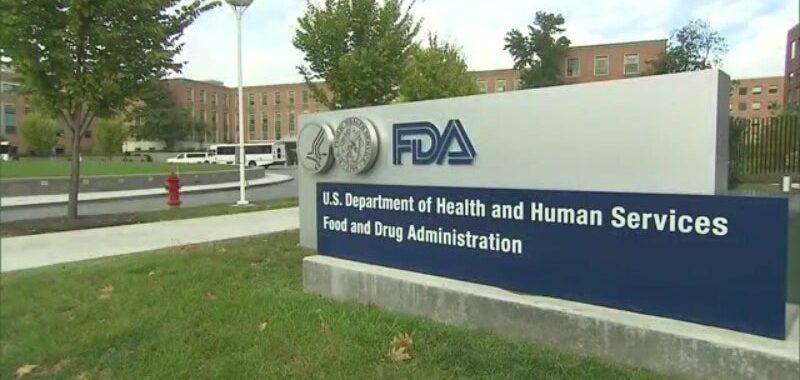The Food and Drug Administration is drawing up plans that would end most of its routine food safety inspections work, multiple federal health officials tell CBS News, and effectively outsource this oversight to state and local authorities.
The plans have not been finalized and might need congressional action to fully fund, said the officials, who were not authorized to speak publicly. Andrew Nixon, a spokesperson for the Department of Health and Human Services, denied that the FDA was making plans to do this.
Some FDA employees have been working on a possible shift of the agency’s routine food efforts to states for years, one current and one former official said, which could free up resources to focus on higher priority and foreign inspections. The FDA already outsources some routine food inspections through contracts with 43 states and Puerto Rico.
“There’s so much work to go around. And us duplicating their work just doesn’t make sense,” one former FDA official, who worked on the plans before leaving the agency and spoke on the condition of anonymity, told CBS News.
Multiple federal health officials said that the state work currently is often reserved for lower-risk inspections. A third of routine food safety inspections were done by states over recent years, a Government Accountability Office report said earlier this year.
The FDA is ultimately responsible for the safety of much of the U.S. food supply that’s distributed over state lines, like packaged products, seafood, eggs and produce. Some kinds of meat are regulated by a different agency inside the U.S. Department of Agriculture.
Some higher-risk routine food inspections would likely remain at the FDA under the plans, two officials said. For example, agency staff currently conduct annual visits to infant formula manufacturers, which are overseen separately as “critical foods” inspections. States would also not be able to take on the work of routine inspections in foreign food facilities.
It is unclear what would happen for the states that do not have contracts with the FDA to conduct food inspections, which range from Hawaii to Delaware.
In addition to routine inspections, the FDA also does other kinds of inspections in response to issues, like a visit to a Colorado onion processor last year linked to the McDonald’s Quarter Pounders outbreak that turned up dozens of violations.
Internal planning around the possibility of outsourcing its routine inspections first picked up after 2010, the former FDA official said, when the agency was working on implementing major food safety legislation passed that year.
The official likened the plans to the FDA’s Grade A Milk Safety Program, where states fund the majority of oversight work themselves and have agreements with the agency to standardize how the industry is regulated.
Some states and advocacy groups have called for years for the FDA to move its routine food inspections out to states. States can often do inspections at a lower cost than the FDA, while meeting the same standards, they have argued.
“FDA audits have determined states inspections to be high quality, and the costs show them to be a good economic value. There is significant cost to managing two systems also,” said Steve Mandernach, executive director of the Association of Food and Drug Officials, in a statement.
Mandernach drew a parallel to the Centers for Medicare and Medicaid Services, under which hospitals and nursing homes are largely inspected by state agencies but overseen by the federal government.
He also pointed to how the FDA regulates produce farms. The FDA has agreements with most states to pay for routine inspections conducted by local agriculture departments, where they often handle inspections and enforcement themselves.
“Further, we implemented this type of program with produce already and it has been successful, expanding and leveraging those lessons can only provide greater value to the taxpayers, increase oversight of manufacturers, and improve food safety,” he said.
Ending the FDA’s work to do its own routine food safety inspections might also help alleviate an issue elsewhere at the agency: a backlog of inspections overseas, as well as in other markets like medical products.
In the past, FDA inspectors had been trained to do multiple kinds of inspections, officials said, instead of specializing only in food safety inspections.
Steep layoffs at the office’s support staff is expected to result in cutbacks to the number of inspections that can be done by the agency, CBS News previously reported. FDA Commissioner Marty Makary has also greenlighted plans to hire contractors to attempt to plug the hole left by the laid-off workers.
“In theory, relying on states to do more routine food inspection work could lead to better food safety,” said Thomas Gremillion, director of food policy at the Consumer Federation of America, in an email to CBS News.
Gremillion cautioned that a transition in how food inspections are done by the FDA would take significant time and resources.
“So far, this Administration has acted with reckless disregard for how its policies will affect the detection and prevention of foodborne illness, and any plans to replace federal food inspectors with some other workforce deserves suspicion,” he said.

